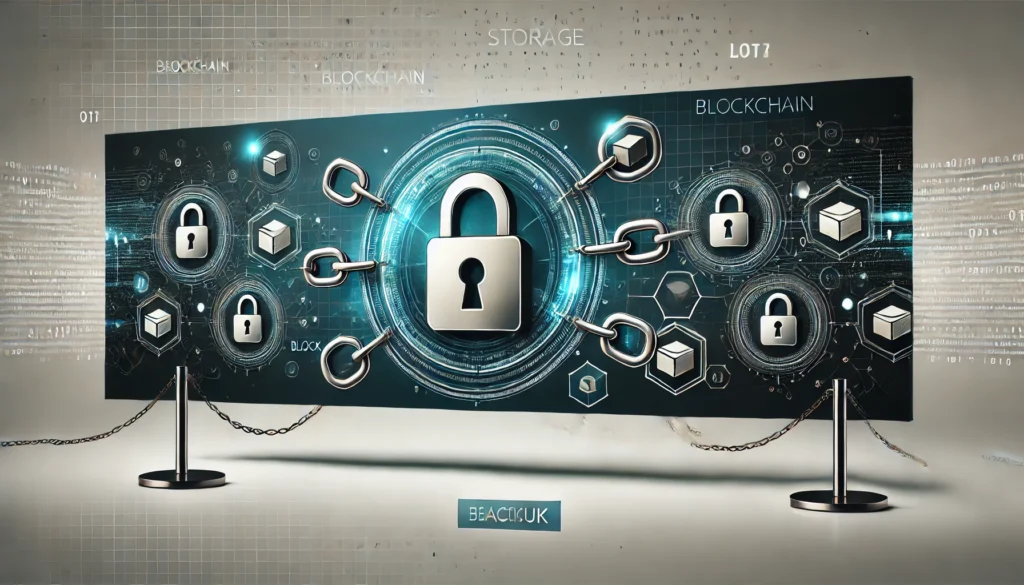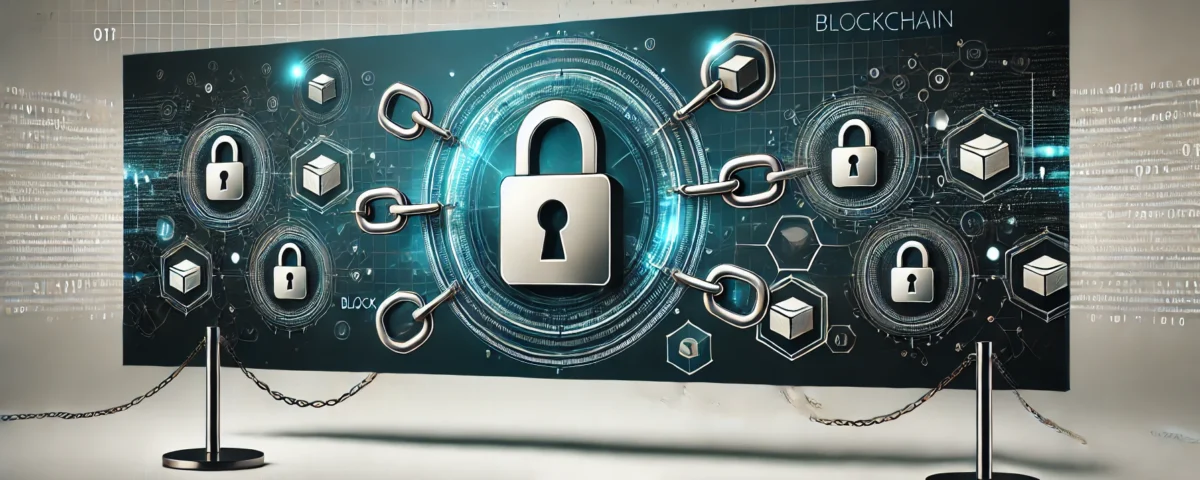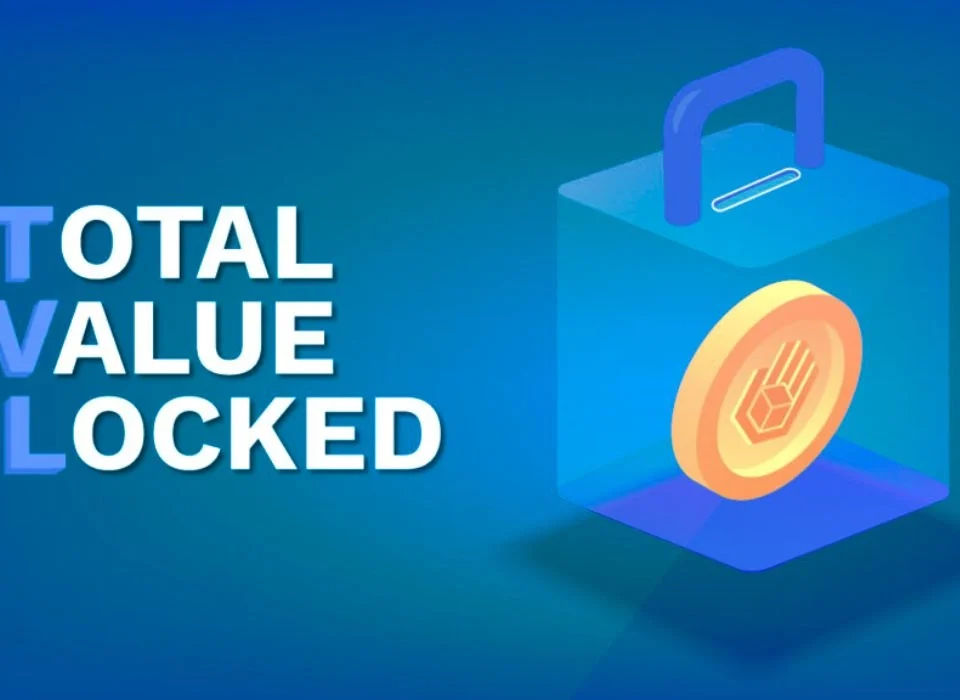
How to Perform Fundamental Analysis on Cryptocurrencies
18/07/2024
How to Create and Trade Your Own NFT
18/07/2024The Role of Oracles in Blockchain Technology
Blockchain technology has revolutionized the way we think about digital transactions and decentralized systems. However, one of the significant challenges in blockchain is how to obtain reliable data from the outside world. This is where oracles come into play. Oracles act as bridges between blockchains and external data sources, enabling smart contracts to interact with real-world information. This comprehensive guide explores the role of oracles in blockchain technology, their types, use cases, challenges, and future prospects.

Introduction to Blockchain Oracles
What is a Blockchain Oracle?
A blockchain oracle is an entity that connects blockchains to external data sources, enabling smart contracts to execute based on real-world information. Oracles fetch, verify, and relay data from various sources, such as APIs, IoT devices, or traditional databases, to the blockchain. This external data can include anything from weather information and stock prices to sports scores and payment confirmations.
Importance of Oracles in Blockchain
Smart contracts, which are self-executing contracts with the terms directly written into code, rely heavily on accurate and timely data to function correctly. Without oracles, smart contracts would be limited to using data already available on the blockchain, significantly restricting their usability and potential applications. Oracles thus play a crucial role in extending the functionality of smart contracts and enabling a wide range of decentralized applications (dApps).
Types of Blockchain Oracles
Based on Data Source
1. Inbound Oracles
Inbound oracles provide data from external sources to the blockchain. For example, an inbound oracle can supply weather data to a smart contract designed for agricultural insurance.
2. Outbound Oracles
Outbound oracles send data from the blockchain to external systems. For instance, an outbound oracle can trigger a payment process in a traditional financial system when certain conditions are met on the blockchain.
Based on Trust Model
1. Centralized Oracles
Centralized oracles are controlled by a single entity or source. They are simpler to implement but pose a higher risk of manipulation or failure, as they rely on a single point of trust.
2. Decentralized Oracles
Decentralized oracles aggregate data from multiple sources to reduce the risk of manipulation and enhance reliability. They use consensus mechanisms to validate data before relaying it to the blockchain.
Based on Functionality
1. Software Oracles
Software oracles interact with online data sources, such as APIs or web services, to fetch real-time information. They are commonly used for fetching data like stock prices, weather forecasts, and sports results.
2. Hardware Oracles
Hardware oracles interface with physical devices and sensors to provide data to the blockchain. They are often used in supply chain management, IoT applications, and environmental monitoring.
3. Human Oracles
Human oracles rely on individuals to verify and input data manually. They are useful for events or situations where automated data retrieval is not possible. For example, a human oracle might be used to verify the outcome of a unique event like a local election.
Use Cases of Blockchain Oracles
Decentralized Finance (DeFi)
In DeFi, oracles are essential for providing accurate price feeds for cryptocurrencies and other assets. For example, platforms like Compound and Aave use oracles to determine collateral values and trigger liquidations.
Insurance
Oracles enable parametric insurance products that automatically pay out claims based on real-world events. For instance, a smart contract can use weather data from an oracle to compensate farmers if rainfall levels drop below a certain threshold.
Supply Chain Management
Oracles can enhance transparency and traceability in supply chains by providing data from IoT devices and sensors. This can include tracking the temperature of perishable goods or verifying the authenticity of products.
Gaming and NFTs
In blockchain-based gaming and non-fungible tokens (NFTs), oracles can provide external data to enhance gameplay and create unique experiences. For example, an oracle can supply random numbers to ensure fairness in games or fetch real-world sports scores for fantasy sports platforms.
Prediction Markets
Oracles are vital for prediction markets, where users bet on the outcome of future events. They provide reliable data to determine the outcomes and settle bets accurately.
Challenges and Solutions
Data Accuracy and Reliability
Ensuring the accuracy and reliability of data is a significant challenge for oracles. Decentralized oracles, which aggregate data from multiple sources, can mitigate this risk by using consensus mechanisms to verify data integrity.
Security and Trust
Oracles must be secure to prevent manipulation and ensure the trustworthiness of the data they provide. Implementing robust security measures and using decentralized models can help enhance the security and trust of oracle systems.
Latency
Oracles must deliver data in a timely manner to be useful for real-time applications. Optimizing data retrieval processes and using efficient communication protocols can reduce latency and ensure timely data delivery.
Cost
The cost of using oracles can be a concern, especially for applications requiring frequent data updates. Developing cost-effective solutions and optimizing data retrieval methods can help manage expenses.
Future of Blockchain Oracles
Cross-Chain Oracles
As blockchain ecosystems grow, the need for cross-chain interoperability increases. Cross-chain oracles can facilitate data exchange between different blockchain networks, enabling more complex and interconnected applications.
AI and Machine Learning Integration
Integrating artificial intelligence (AI) and machine learning with oracles can enhance data analysis and prediction capabilities. This can lead to more sophisticated and intelligent smart contract applications.
Enhanced Security Protocols
Future developments in security protocols will likely focus on enhancing the robustness of oracles. This includes advanced encryption techniques, multi-signature authentication, and improved consensus mechanisms.
Wider Adoption and Standardization
As the blockchain industry matures, we can expect wider adoption of oracle solutions and the development of industry standards. Standardization will help streamline oracle integration and improve interoperability across different platforms and use cases.
Conclusion
Oracles play a pivotal role in bridging the gap between blockchain networks and the external world, enabling smart contracts to interact with real-world data. By providing reliable and timely information, oracles enhance the functionality and applicability of blockchain technology across various industries. Despite the challenges, ongoing innovations and advancements in oracle solutions promise a future where blockchain technology can fully realize its potential, powered by accurate and secure data from oracles. Understanding the role of oracles and staying updated with their developments is crucial for anyone involved in the blockchain space, whether as a developer, investor, or user.



